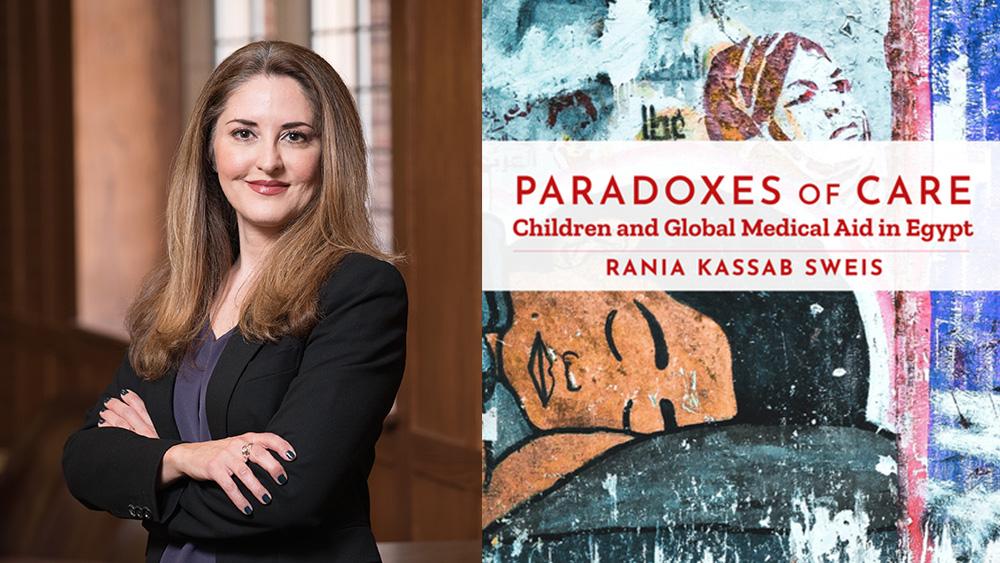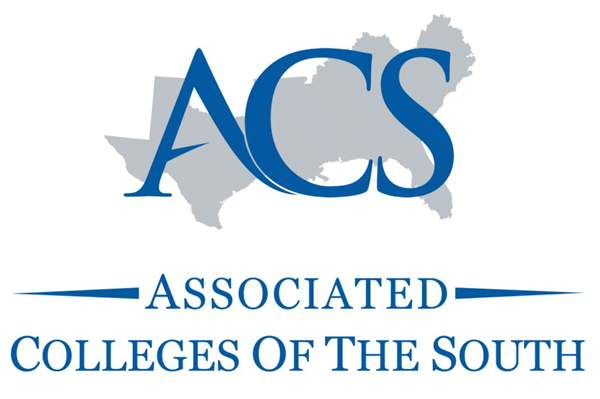
In Paradoxes of Care, Kassab Sweis examines how some of the world’s largest aid organizations care for vulnerable children in Egypt, focusing on medical efforts with street children and out-of-school village girls. Her in-depth study reveals how global medical aid can produce new social disparities in children’s lives.
“Each year, billions of dollars are spent on global humanitarian health initiatives, and these efforts are intended to care for suffering bodies, especially those of distressed children living in poverty,” Sweis said. “But as global medical aid can often overlook the local economic and political systems that cause suffering, it can also unintentionally prolong the very conditions that hurt children and undermine local aid givers.”
The AMECYS noted that in Paradoxes of Care Kassab Sweis “convincingly shows the active agency of vulnerable children within the world of adults and conveys to us their voices.”
The award committee also noted that Kassab Sweis demonstrated an “ability to combine academic rigor with a warm, compassionate approach to defenseless children.”
“While Kassab Sweis’ ethnographic research focuses on Egypt’s at-risk children, it is also relevant to some allied fields, such as gender studies, criminology, and studies related to global inequalities and medical humanitarianism worldwide,” the award committee noted.
Sweis‘ research interests include medical anthropology, global health and humanitarian studies, transnational gender and feminist theory, and the Middle East and North Africa. Sweis is currently developing a second book project that focuses on medical humanitarianism in the Syrian Civil War, with special emphasis on how local healthcare workers navigate extreme conditions as they deliver life-saving care.
